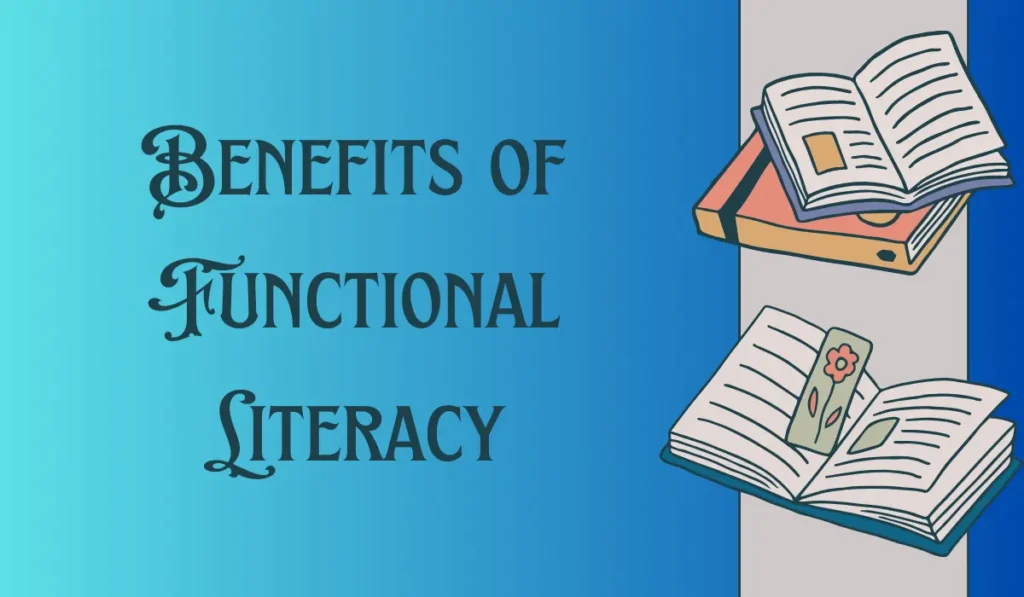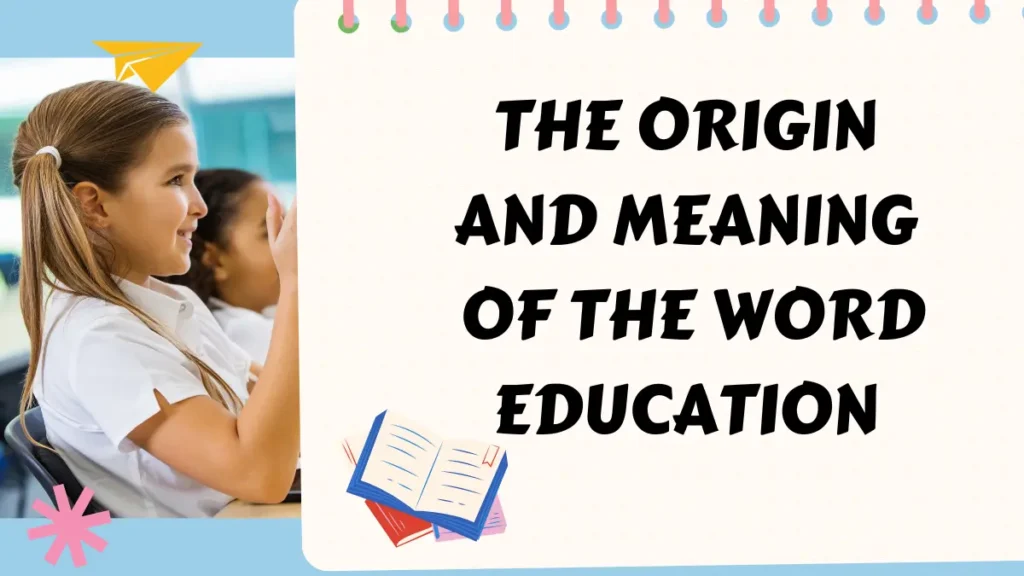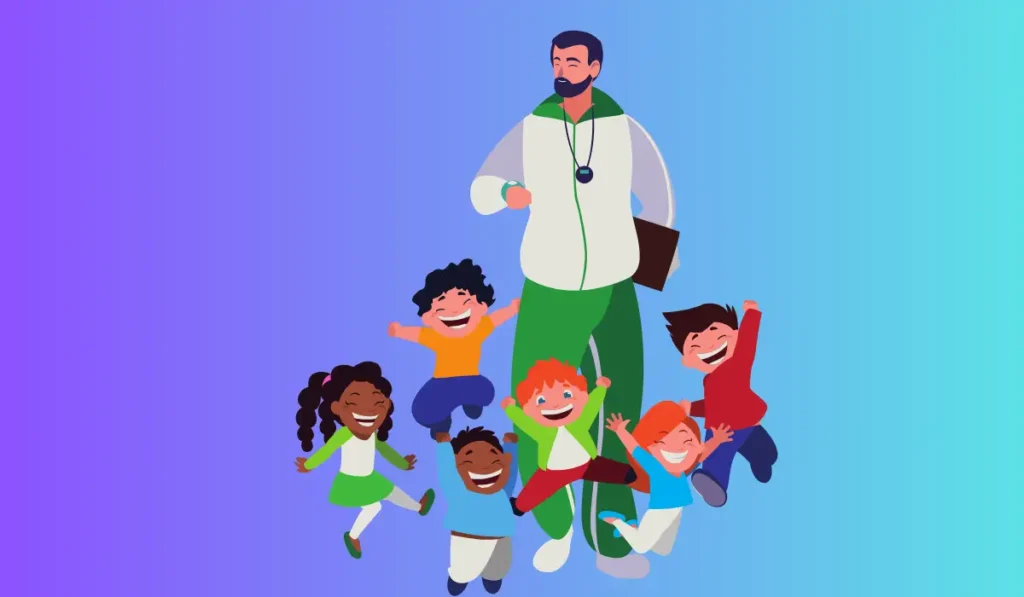Functional literacy refers to the ability to read, write, and comprehend information needed for day-to-day living and employment. Functional literacy is a critical aspect of an individual’s ability to achieve success in various aspects of life.
It enables individuals to participate fully in society, make informed decisions, and access opportunities that otherwise may be out of reach.
Functional literacy skills include the ability to read write and comprehend information from various sources and apply it in real-world situations.
Understanding The Basics Of Functional Literacy
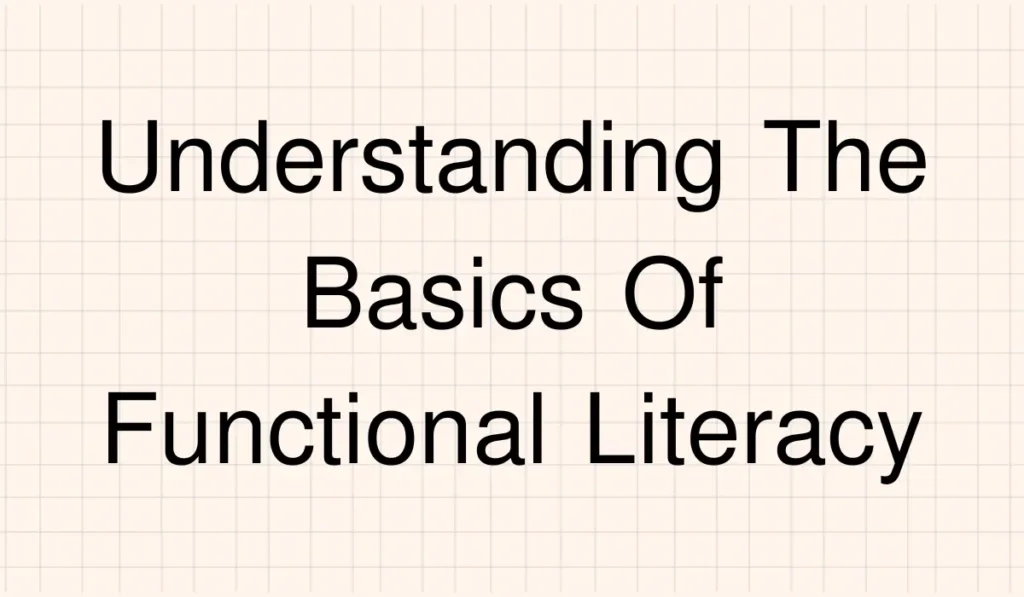
Functional literacy is using reading, writing, and basic mathematical skills to handle everyday tasks. It differs from basic literacy, which only focuses on learning how to read and write.
Functional literacy is essential in today’s world as it allows individuals to navigate complex systems and understand the information presented to them.
For example, being able to understand and fill out forms, read instructions, and make informed decisions. It is imperative to note that functional literacy goes beyond just the ability to read and write but also encompasses critical thinking and problem-solving skills.
Functional literacy has become a crucial aspect of modern-day life, and it is essential to ensure that everyone has access to it to achieve greater autonomy and self-sufficiency.
The Benefits Of Functional Literacy
Functional literacy is a valuable skill that offers numerous advantages. One of the most significant benefits is improved personal finances. Being able to read and understand financial documents can help individuals make better financial decisions, whether it’s managing their budget, investing in the stock market, or applying for a loan.
Additionally, functional literacy plays a crucial role in better healthcare outcomes. Patients who can read and understand prescriptions, doctor’s instructions, and medical reports are more likely to comply with their treatment and make informed decisions about their health.
Moreover, having functional literacy opens doors to increased opportunities for career advancement. Employers prefer to hire candidates who can follow written instructions, communicate effectively through email, and efficiently manage paperwork.
Therefore, developing functional literacy is a valuable investment that yields long-term benefits and improves many aspects of an individual’s life.
Identifying Internal Barriers
Functional literacy refers to possessing the skills necessary to function effectively in society. However, many individuals are held back by internal barriers. Self-doubt and negative self-talk can lead to a lack of confidence in one’s abilities.
This can impact motivation, creating a cycle of negativity.
Fear of failure can also be a significant barrier to functional literacy. The fear of being judged or not measuring up can lead to avoidance behaviors and decreased engagement in learning activities.
To overcome these barriers, individuals must develop a growth mindset, focusing on their strengths and embracing failures as opportunities for growth.
By addressing these internal barriers and cultivating a growth mindset, individuals can improve their functional literacy and achieve their goals.
Addressing External Barriers
Functional literacy is a critical tool for success in today’s world. However, many individuals face external barriers that hinder their ability to acquire and utilize these skills.
Limited access to educational resources is one of the major hindrances, especially in low-income communities.
Socioeconomic factors and language barriers also play a significant role in functional illiteracy. To address this issue, community organizations, educational institutions, and governments must work together to expand access to educational resources, such as libraries, online courses, and community programs.
Additionally, outreach efforts should aim to raise awareness about the importance of functional literacy among underprivileged communities. Only when these external barriers are removed can individuals truly master functional literacy and unlock their full potential.
Improving Reading Comprehension
Functional literacy is crucial in today’s world. To improve reading comprehension, it is essential to utilize effective reading strategies. One of these strategies is to preview the text before reading, including examining the headings, subheadings, and illustrations.
Another is to ask questions during reading, such as “What is the main idea?
“Or “what is the author trying to say? ” You can also take notes on the main points, summarize the text in your own words, and reread difficult parts.
Finally, practice exercises can also be helpful. For instance, try out online reading comprehension exercises or discuss the text with other readers.
These strategies will help strengthen your reading skills and improve overall comprehension.
Enhancing Writing And Communication Skills
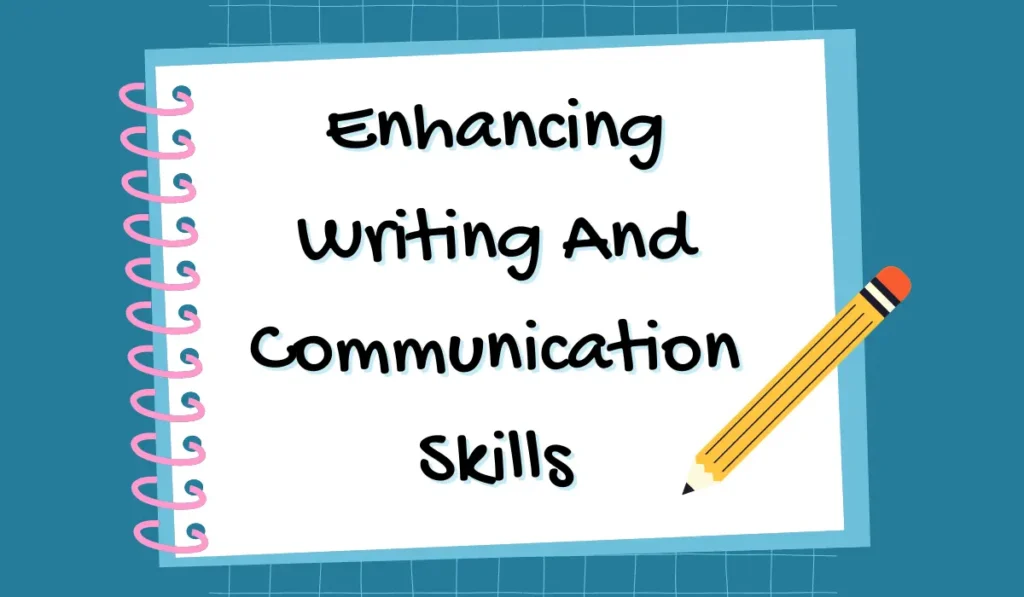
Functional literacy entails strengthening writing and communication skills. It is essential for effective communication. Utilizing writing prompts and exercises can help individuals improve their writing abilities.
Through this, they can enhance their communication skills. Effective communication techniques can then be adopted for both personal and professional communication.
So instead of using commonly overused words, we must use brief and clear sentences. Writing should be SEO-friendly, unique, and easy for humans to comprehend. Varying phrases maintain the reader’s interest, making the content more captivating.
The importance of a conclusion paragraph is overestimated, and it is not necessary.
With these guidelines, we can smartly articulate and improve our communication skills.
Applying Functional Literacy To Everyday Life
Functional literacy is the ability to understand and apply practical information in everyday life. Financial planning and budgeting are important skills that can be improved through functional literacy.
This includes understanding tax codes, creating a budget, and managing bank accounts.
Healthcare and wellness can also benefit from functional literacy, with the ability to read and understand medical instructions and prescriptions.
Civic engagement and community involvement can be enhanced by being able to read and comprehend voting information and local news.
By improving functional literacy, individuals can lead more informed and empowered lives.
Functional Literacy In The Workplace
Functional literacy in the workplace is essential for career advancement opportunities. It includes workplace writing and communication skills, which are vital in modern workplaces.
The ability to communicate effectively and write clearly can help increase productivity levels at work. It also ensures efficient communication and avoids misunderstandings among colleagues.
Employers look for employees who are proficient in writing, as it reflects their professionalism and work ethic.
Having practical literacy skills can also open doors to job opportunities in various fields. It is, therefore, advisable to enhance functional literacy skills to stand out from the rest in the job market.
With the rise of technology, proficiency in writing and communication skills is necessary for the workforce.
Frequently Asked Questions
What Is Functional Literacy?
Functional literacy is the ability to read, write, and understand written information in everyday life situations.
How Can Functional Literacy Be Improved?
Functional literacy can be improved by practicing reading and writing in everyday situations and taking literacy classes.
What Are The Benefits Of Functional Literacy?
Functional literacy can lead to improved employment opportunities, better health outcomes, and increased civic engagement.
Conclusion
In today’s society, functional literacy is becoming increasingly important. The ability to understand and use basic language skills is essential to everyday life and success in the workforce. Functional literacy also plays a role in important issues such as voting and civic engagement. Improving functional literacy levels should be a priority for individuals, communities, and governments alike. The good news is that there are a variety of resources available for those who want to improve their literacy skills, including adult education programs, online courses, and literacy support groups.
